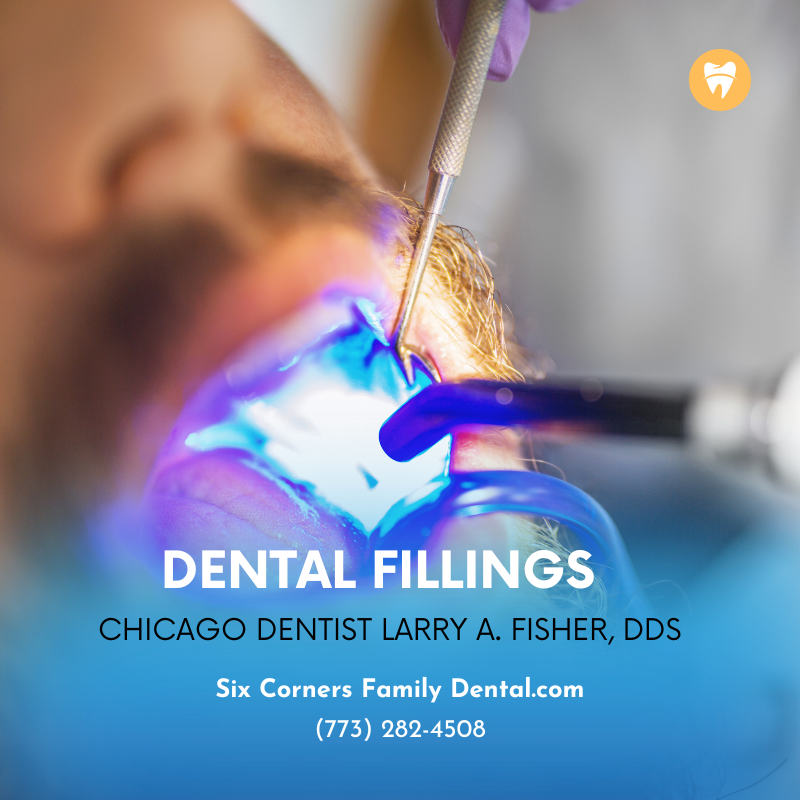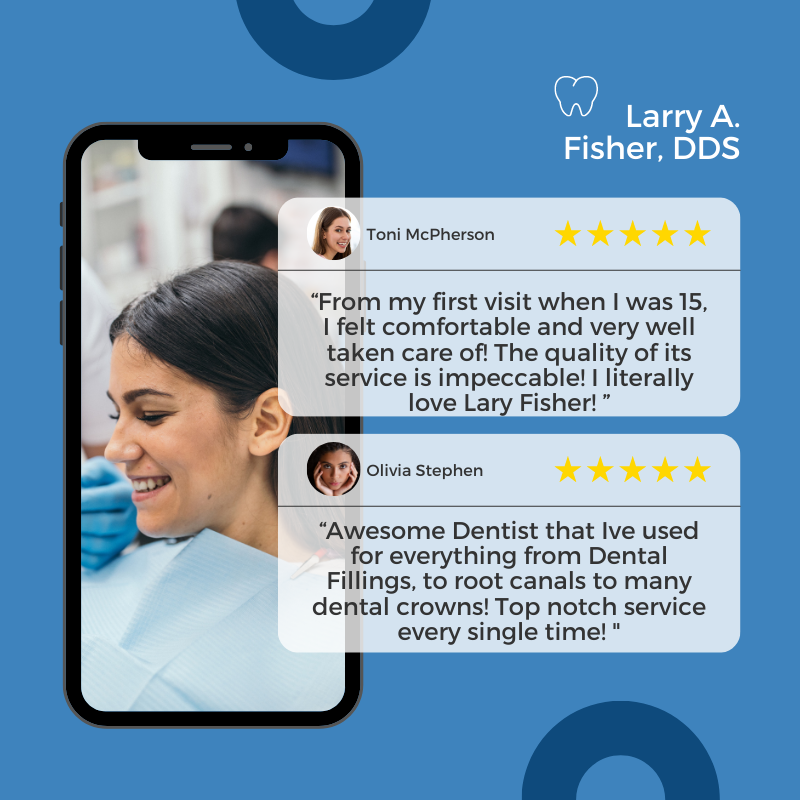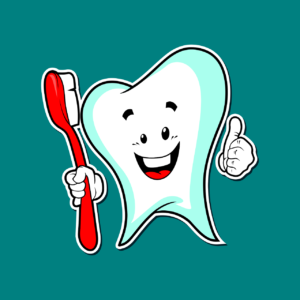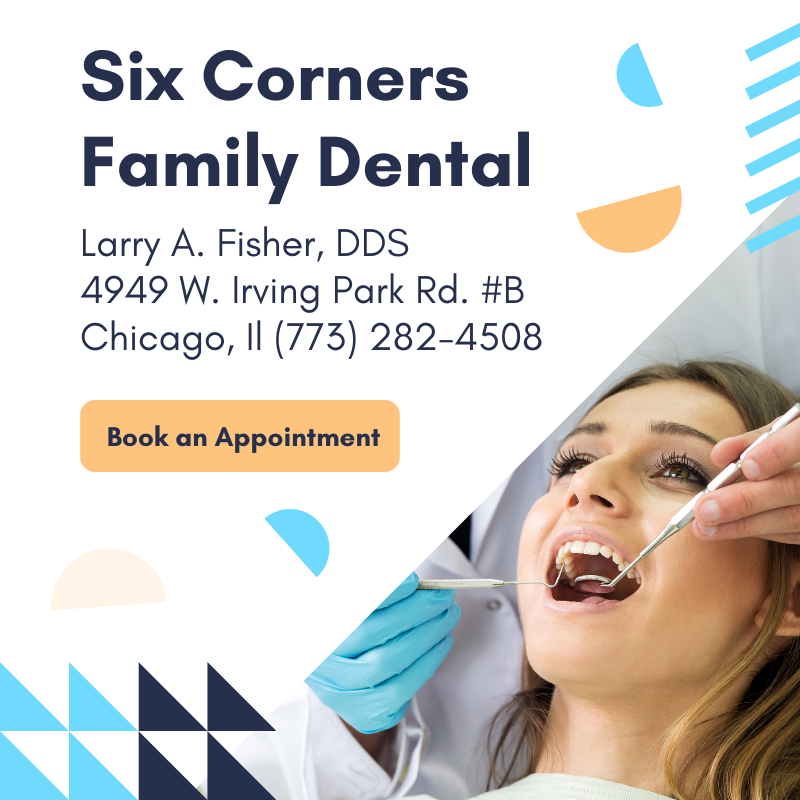Top Chicago Dental Care Tips
Are you looking for the best dental care tips to keep your smile healthy and bright? Maintaining good oral hygiene is essential for preventing tooth decay and gum disease. Follow our expert advice to keep your teeth and gums healthy and your smile shining!
Key Takeaways
- Regular brushing, flossing, and dental check-ups are essential for maintaining good oral hygiene.
- Choose a soft-bristled toothbrush and fluoride-containing toothpaste for effective oral care.
- Follow the correct brushing techniques, including brushing all surfaces of the teeth, for thorough cleaning.
- Flossing helps remove plaque and prevent gum disease – an essential part of oral care.
- A balanced diet with reduced sugar consumption can contribute significantly to good dental health.
- Regular dental check-ups can help detect and prevent dental problems early on.
- Avoid harmful habits and protect your teeth during physical activities for better dental health.
- Teaching children proper dental care tips and early visits to the dentist can lead to a lifetime of healthy smiles.
The Importance of Dental Hygiene
Good dental hygiene is essential for maintaining oral health and preventing various dental problems. The American Dental Association (ADA) recommends brushing your teeth twice a day with fluoride toothpaste and flossing at least once a day to remove plaque and food particles that your toothbrush cannot reach.
Regular dental check-ups are also crucial for maintaining oral health. A dentist can detect any underlying dental problems and provide appropriate treatment before they worsen. They can also offer advice on proper dental care and hygiene techniques to maximize the effectiveness of your at-home routine.
Oral Hygiene for Children
It’s important to instill good dental hygiene habits in children from a young age. Encourage your child to brush their teeth twice a day with fluoride toothpaste and flossing daily as soon as they have two adjacent teeth. Make sure they visit a dentist regularly for cleanings and to check for any dental problems.
To make brushing more fun for kids, let them choose their own toothbrush and toothpaste flavors. Playing music or setting a timer for two minutes can also make brushing more enjoyable and ensure they brush for the recommended amount of time. View our Chicago Childrens Dentistry page for more info on kids dental care.
Choosing the Right Toothbrush and Toothpaste
Choosing the right toothbrush and toothpaste is crucial for maintaining good oral hygiene. Here are some tips to help you make the right choice:
| Tip 1: | Choose a toothbrush with soft bristles to avoid damaging your tooth enamel and gums. |
|---|---|
| Tip 2: | Consider an electric toothbrush to ensure a more thorough clean. |
| Tip 3: | Look for toothpaste that contains fluoride to help prevent tooth decay and strengthen tooth enamel. |
| Tip 4: | Avoid toothpaste with harsh abrasives that can damage tooth enamel. |
Remember, it’s important to replace your toothbrush every three to four months or when the bristles begin to fray. ~ Chicago Dentist Larry A. Fisher
Proper Brushing Techniques
Brushing your teeth is an essential part of maintaining good oral hygiene. However, it’s not just about brushing for the sake of brushing. To ensure that you’re effectively cleaning your teeth and gums, it’s crucial to use proper brushing techniques.
Firstly, make sure you’re using a soft-bristled toothbrush and fluoride-containing toothpaste. Brush your teeth at a 45-degree angle, with short back-and-forth strokes on the outer and inner surfaces of your teeth.
Next, use a gentle circular motion to brush the chewing surfaces of your teeth. Don’t forget to brush your tongue to remove bacteria that can cause bad breath.
Remember to brush your teeth for at least two minutes, twice a day. It’s also important to replace your toothbrush every three to four months or when the bristles become frayed.
The Benefits of Flossing
While regular brushing is essential for maintaining good oral hygiene, flossing should also be a part of your daily routine. Flossing helps remove food particles and plaque from areas that a toothbrush cannot reach, such as between teeth and along the gumline.
By removing these particles, you can prevent the buildup of plaque and bacteria, which can lead to tooth decay and gum disease. Flossing also stimulates the gums, improving blood circulation and promoting healthy gums.
When flossing, be sure to use a clean segment of floss for each gap between your teeth. Gently slide the floss back and forth, following the curve of each tooth and avoiding pushing too hard on the gums.
Make flossing a daily habit alongside brushing and visiting your dentist regularly, and you’ll enjoy a healthier, brighter smile for years to come.

The Role of a Balanced Diet in Dental Health
Eating a balanced diet is essential for maintaining good dental health. Certain foods, such as those high in sugar or starch, can contribute to tooth decay, while others contain nutrients that are beneficial for your teeth and gums.
What to Eat
Include foods rich in calcium, such as dairy products, leafy greens, and almonds. Calcium helps strengthen enamel, the outer layer of your teeth that protects against decay.
Phosphorus-rich foods, such as eggs, fish, and lean meat, are also beneficial. Phosphorus works with calcium to strengthen teeth and bones.
Foods high in vitamin C, such as citrus fruits and peppers, can help prevent gum disease by strengthening blood vessels and connective tissue.
Finally, drink plenty of water to help wash away food particles and keep your mouth hydrated.
What to Avoid
Avoid or limit sugary and starchy foods, such as candy, soda, and potato chips, as they can contribute to tooth decay. Instead, choose sugar-free alternatives, such as xylitol, and opt for whole grain snacks, like popcorn, for healthier options.
Acidic foods, such as citrus fruits and tomato-based products, can erode tooth enamel over time. Limit intake and rinse your mouth with water after consuming these foods.
Alcohol and tobacco can also negatively affect dental health. Limit or avoid these substances to maintain a healthy smile.
The Importance of Limiting Sugar Consumption for Healthy Teeth
Reducing your sugar intake is one of the most effective ways to prevent tooth decay and maintain good oral health. Sugars are broken down by bacteria in the mouth, which produces acids that erode enamel and cause cavities.
To limit your sugar consumption, try to:
- Avoid sugary drinks such as soda, sports drinks, and fruit juices.
- Choose water or milk instead of sugary beverages.
- Read food labels and choose foods with less added sugar.
- Snack on fruits and vegetables instead of candy and sweets.
Remember that it’s not just the amount of sugar you consume, but the frequency as well. Frequent snacking or sipping sugary drinks can lead to a constant cycle of acid attacks on your teeth.
By limiting your sugar intake, you can help prevent tooth decay and maintain a healthy, beautiful smile.
The Importance of Regular Dental Check-ups
One of the most important aspects of maintaining good dental health is scheduling regular check-ups with your dentist. Your dentist can identify and address dental problems before they become more serious. They may also recommend preventive treatments to keep your teeth and gums healthy.
It is generally recommended that you visit the dentist every six months for a routine check-up and cleaning. However, your dentist may recommend more frequent visits depending on your dental health needs.
During a dental check-up, your dentist will examine your teeth and gums for signs of decay, gum disease, and other dental problems. They may also perform X-rays to check for hidden problems.
In addition to the physical exam, your dentist may provide advice on how to improve your oral hygiene routine and recommend specific products that can help. They may also recommend lifestyle changes, such as quitting smoking or reducing sugar intake, to promote better dental health.

Avoiding Harmful Habits for Better Dental Health
Do you have any harmful habits that can negatively affect your dental health? Here are some tips to help you quit those bad habits:
- Stop smoking: Smoking is not only harmful to your overall health but also affects your dental health. It can cause tooth discoloration, bad breath, and gum disease. Quitting smoking can greatly improve your dental health and overall well-being.
- Avoid nail-biting: Nail-biting can cause damage to your teeth and gums and increase the risk of infection. Try to identify the triggers that cause you to bite your nails and find alternative methods to keep your hands busy.
- Reduce teeth grinding: Grinding your teeth can wear down tooth enamel and cause jaw pain. If you grind your teeth, talk to your dentist about getting a custom mouthguard to wear at night or strategies to reduce the habit during the day.
- Avoid using your teeth as tools: Using your teeth to open packages or bite your nails can cause chips and cracks in your teeth. Always use the appropriate tools for these tasks.
By avoiding these harmful habits, you can improve your dental health and maintain a healthy smile for years to come.
The Importance of Protecting Your Teeth During Physical Activities
Physical activities such as sports and exercise are excellent for your overall health, but they can also pose a risk to your dental health. Participating in these activities without taking proper precautions may result in dental injuries, such as fractures, chips, and even tooth loss.
To protect your teeth during physical activities, it is vital to wear a mouthguard. A mouthguard is a protective device that covers the teeth and gums, reducing the risk of dental damage. Mouthguards can be standard, boil-and-bite, or custom-made by your dentist.
Standard mouthguards are pre-formed and come in different sizes. Boil-and-bite mouthguards are made of a thermoplastic material that softens when boiled and can be shaped to fit your teeth. Custom-made mouthguards are crafted specifically for your teeth by your dentist and provide the best fit and protection.
Whether you are playing contact sports or practicing martial arts, wearing a mouthguard can prevent dental injuries and protect your oral health. Remember, a healthy smile is not just about brushing and flossing. It’s about taking care of your teeth in all aspects of life.

Additional Dental Care Tips for Children
When it comes to dental care, children have unique needs that require special attention. Proper dental care for kids can help prevent dental problems as they grow older, so it’s important to start early. Here are some additional tips to help your child maintain good oral health:
1. Schedule Early Dental Visits
It’s recommended that children begin seeing a dentist by the age of one or when their first tooth appears. Regular dental visits can help identify any issues early on and establish good dental habits.
2. Teach Proper Brushing Techniques
Show your child how to brush all surfaces of their teeth and the correct duration (two minutes). Encourage them to use fluoride toothpaste and to avoid swallowing it.
3. Make Flossing Fun
Start flossing your child’s teeth as soon as they have two teeth touching. Make it a fun activity by using kid-friendly flossers or setting up a reward system.
4. Limit Sugar Intake
Children are often more prone to tooth decay due to increased sugar intake. Encourage a balanced diet and limit sugary snacks and drinks.
5. Consider Fluoride Treatments
Fluoride treatments can help strengthen your child’s teeth and prevent cavities. Talk to your dentist about the best options for your child.
6. Protect Teeth During Physical Activities
Ensure your child wears a mouthguard while playing sports to prevent dental injuries. Also, discourage chewing on hard objects like pencils or ice.
By following these dental care tips for kids, you’re setting them up for a lifetime of healthy smiles.
Conclusion: Your Path to a Healthy Smile
Congratulations! You are now equipped with the best dental care tips from the experts. By following these simple guidelines, you can maintain good oral hygiene and achieve a healthy smile. Remember to stick to a regular brushing and flossing routine, limit sugar consumption, and schedule regular dental check-ups.
Larry A. Fisher and Six Corners Family Dental Care are always available to help you with any dental concerns you may have. We offer a wide range of dental services to keep your smile bright and healthy. Contact us today to schedule your appointment and take the first step towards a healthier smile.
Contact Larry A. Fisher, DDS
(773) 282-4508
(224) 558-4508 – Chicago Emergency Dentist 24/7
—> Setup an Online Dental Appointment
DENTAL FAQ POSTS
🦷 View our Dental Crown Guide & FAQ’s


